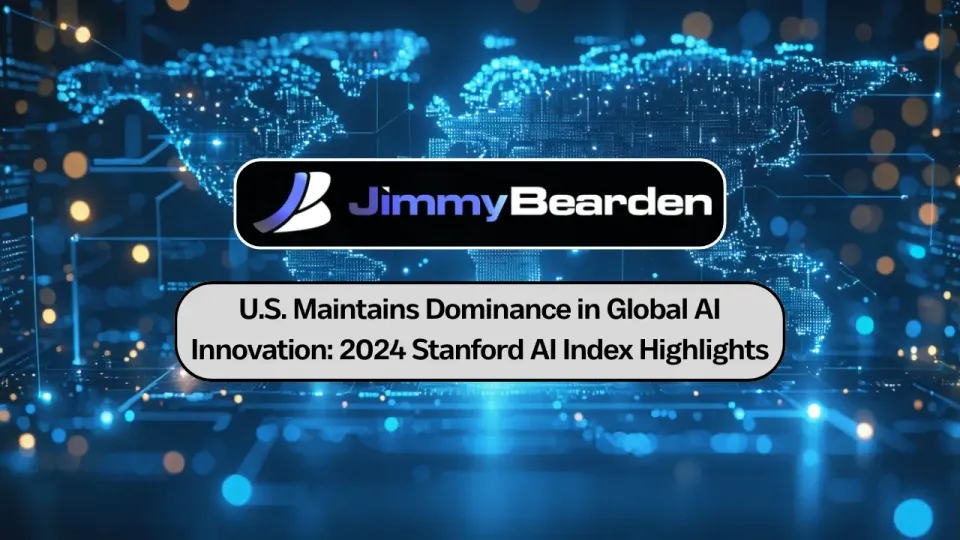The Growing Influence of AI in Workplace Dynamics: Opportunities and Challenges in Decision-Making and Compliance

The Role of AI in Workplace Decision-Making
As the year 2024 unfolds, the integration of artificial intelligence (AI) into workplace settings is anticipated to reach unprecedented levels, particularly in decision-making processes. Employers are increasingly turning to AI for its potential to enhance critical business decisions, notably in HR and managerial functions like hiring, onboarding, and training. The deployment of AI in these domains is ushering in a new era of efficiency while simultaneously raising questions about the implications and ethical considerations.
The ability of AI to streamline tasks and enhance productivity is at the forefront of its appeal. By automating mundane and repetitive tasks, AI allows employees to dedicate more time to complex problem-solving tasks that require human intuition and expertise. This transformation has the potential to automate a significant portion (an estimated 60% to 70%) of employees' current work activities, fundamentally altering the job landscape.
Balancing Risks: Cybersecurity and Ethics
AI is increasingly being leveraged to bolster cybersecurity measures, identifying and mitigating potential threats to safeguard company data. This proactive approach is essential as cyberthreats continue to evolve in sophistication. However, the advent of AI brings with it a new set of challenges, notably around the legal and ethical aspects of its use.
Employers are tasked with ensuring that AI systems are not only technologically advanced but also fair, transparent, and compliant with evolving legal frameworks. This includes a deep understanding of the data sources used to train AI systems and addressing any potential biases that could arise. Such vigilance is necessary to maintain trust and integrity in AI-driven processes.
Addressing Compliance and Psychosocial Hazards
The use of AI in workplaces also raises concerns regarding compliance with federal labor standards, such as the Fair Labor Standards Act (FLSA). Employers must take diligent steps to ensure AI systems adhere to regulations concerning work hours, break times, and compensation. Human oversight remains essential to ensure accurate and lawful records, especially when AI is employed in tasks like timekeeping, scheduling, and performance monitoring.
Furthermore, the introduction of AI technologies can intensify psychosocial hazards in the workplace. Employers must proactively assess and mitigate risks to employees' psychological health and safety. The interaction between humans and AI systems should be carefully managed to prevent adverse effects on mental well-being, requiring organizations to foster environments that promote a healthy balance.
Future Challenges: Identity Verification and Skills Adaptation
The integration of AI in hiring processes presents challenges, particularly concerning identity verification. The risk of deepfake impersonation and fraudulent job applications necessitates robust identity verification measures. Employers must remain vigilant in safeguarding their recruitment processes from such threats to maintain integrity and security.
As AI reduces the need for certain routine tasks, the emphasis naturally shifts towards hiring employees equipped with behavioral skills like data analysis and AI literacy, along with essential soft skills such as problem-solving and communication. Organizations need to focus on reskilling and upskilling their workforce to meet these changing demands, ensuring that employees can efficiently work alongside AI systems.
Establishing Regulatory Guidance and Policies
Given the rapid development of AI technologies, employers are encouraged to establish comprehensive AI policies to align with legal, ethical, and transparency standards. Regulatory bodies are actively issuing guidance to ensure responsible AI usage. Notably, initiatives like the U.S. Department of Labor's Field Assistance Bulletin highlight the necessity for organizations to maintain compliance with national labor standards while adopting AI systems, emphasizing the importance of a proactive and informed approach to AI deployment.
"Joining this community has been a game-changer for staying updated on the latest trends & events!" - John B.





